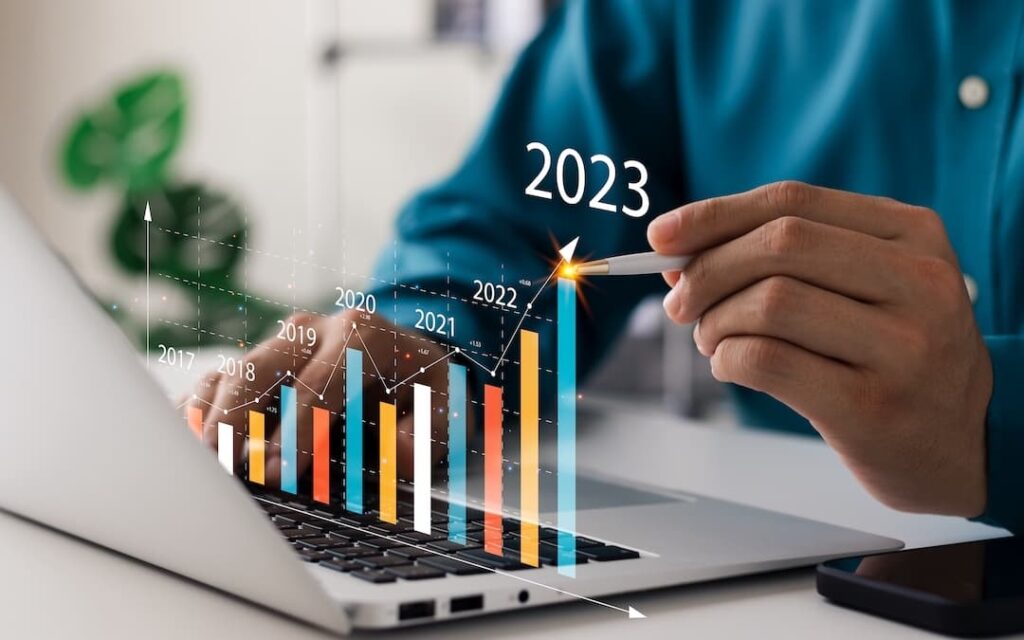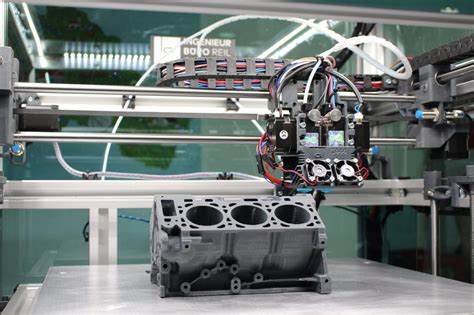More than three-quarters (78%) of Vodafone’s customers believe that their organizations are ready for the future, according to the latest business research.
That’s a big achievement given that businesses are grappling with change more than ever before: a complex web of political, socio-economic, technology, legal & regulatory and environment factors are now combining to rapidly disrupt the business landscape. No longer can businesses be sure who their competitors will be or where the next threats and opportunities will come from. This unprecedented level of disruption will polarize businesses between those who succeed by harnessing digital change and those who fail by resisting it.
Klaus Schwab, founder and executive chairman of the World Economic Forum, hit the nail on the head when he described the existence of “profound shifts across all industries, marked by the emergence of new business models [and] the disruption of incumbents”. To help the customers navigate this complex web of change drivers, the Vodafone Global Trends have been published. The Global Trends are based on global research and frame the 3 key changes (trends) that will affect all businesses wherever they are and whatever their business activity.
The Global Trends help organizations to ensure they are ready for the future by understanding the disruptive forces that they face and guiding them to take advantage of the opportunities.
The Global Trends are:
- Empowering the Workforce: Increasing productivity in the digital workplace
- Smarter Business: Innovating in the as-a-service economy
- Digitalization and Disruption: Competing in the Gigabit Society
Empowering the Workforce
This trend tackles massive change in how employees work, through the lens of increasing their productivity and engagement. Borderless working aids collaboration globally, and enables workforces to become increasingly flexible and agile. Individuals are becoming the masters of their own multi-disciplined careers.
Harnessing these changes is essential for organisations: 84% told us through primary researchii that helping their employees to be more productive was of major importance.
We also discuss advances in the digital workplace and take a look at how a mesh of intelligent communication will power the business of the future.
Smarter Business
As the digital world converges ever more with the physical world, business transformation with digital technology at the forefront is becoming a top priority. Nearly half (46%) of the world’s largest businesses now rank investment in digital innovation as their top priority for the next three years.
An as-a-service culture – which mirrors consumers’ own emerging buying preferences and which is enabled by the cloud – is helping businesses work smarter. The internet of things is meanwhile enabling businesses to innovate faster and transform assets into intelligent devices that provide real-time insight into the business and its customers.
Digitalisation and Disruption
Leading global industry analyst Gartner Inc. aptly describes digitalisation as ‘the use of digital technologies to change a business model and provide new revenue and value-producing opportunities’. This disruption to traditional business is encapsulated in the third trend.
We discuss the role the high-speed real-time Gigabit Society has to play in harnessing digital change and evaluate the key trends organisations must consider to secure their assets against rapidly evolving cyber security threats. We examine the nature of next-generation digital skills and consider the profound rewards available to those who upskill their workforces.











